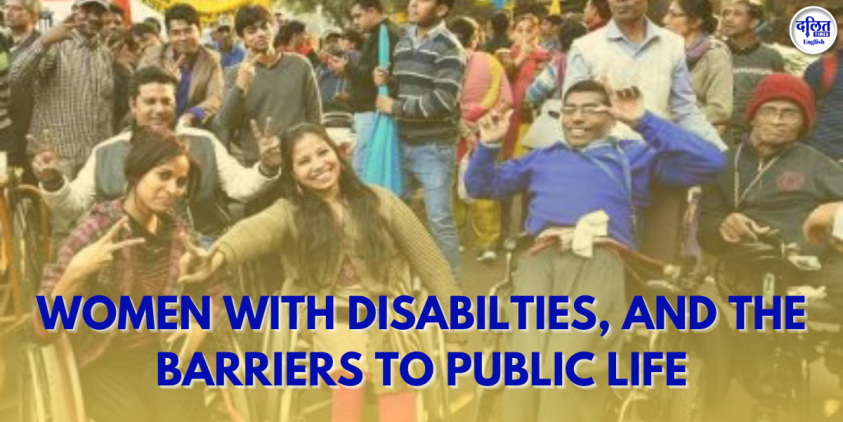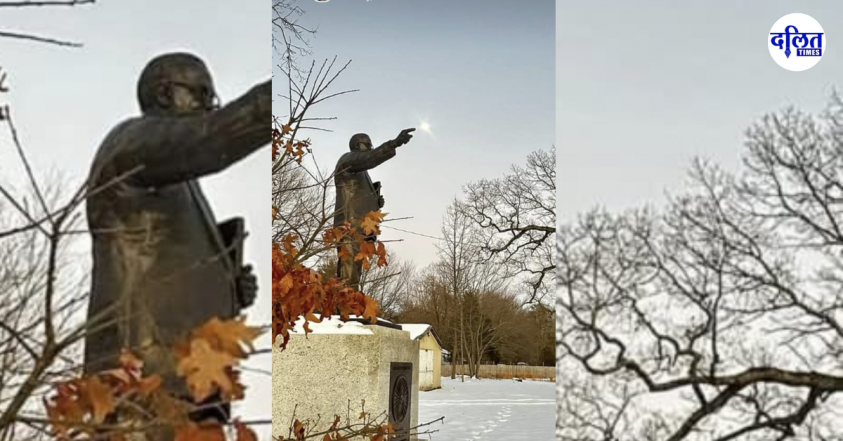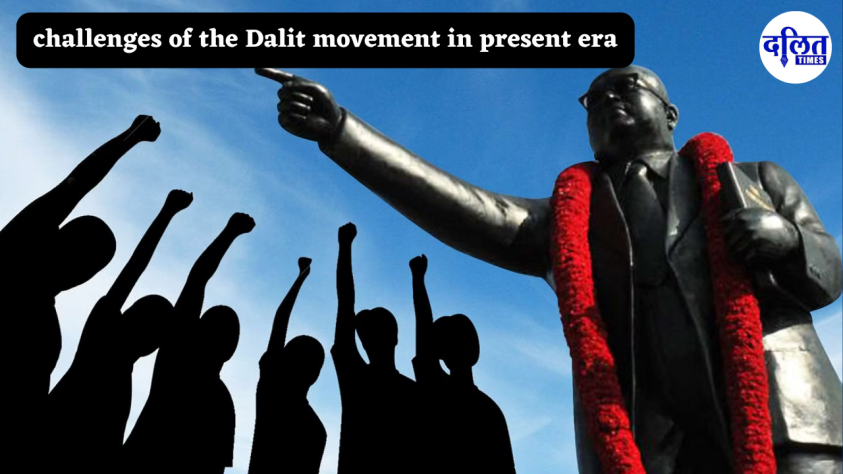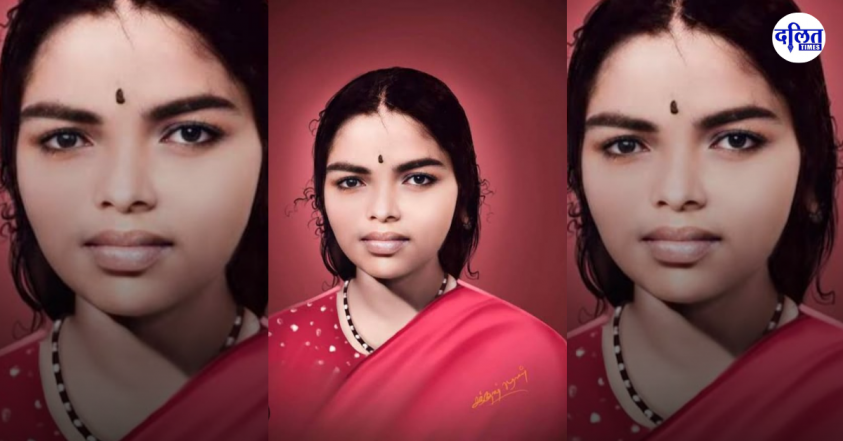People with disabilities continuously face numerous challenges and difficulties that significantly impact their access to healthcare, education, as well as social inclusion. These struggles are further intensified for women with disabilities.
Story: Avani Kulshreshtha
Edit: Nitya Kaimal
Despite efforts made at the global and national level to prevent social exclusion, women still face difficulties every day.
The Convention on the Rights of Persons with Disabilities (CRPD) was adopted by the United Nations in 2006 and enforced in 2008. It sought to protect the rights and dignity of all women with disabilities, with special emphasis on equality, recognition of multiple forms of discrimination, protection from exploitation, and ensuring social security. All the member countries of the United Nations are expected to uphold these principles and to ensure that disabled women are not discriminated against in any form.
In India as well, through the constitution, disabled women are guaranteed the same human rights as well as fundamental rights as all other citizens. This includes equality rights, the right to a decent life and employment opportunities. These are mentioned in the constitution as part of the Fundamental Rights and Directive Principles.
Despite these legal guarantees, disabled women still face discrimination and society underestimates their potential. They continue to face barriers. Their access to healthcare is often limited, buildings are rarely navigable, and healthcare professionals lack adequate training. Educational opportunities are limited due to restricted resources and inadequate support services.
Also read: India’s Healthcare Inequalities Severely Affect the Dalits and the Adivasis
In spite of these various significant barriers, disabled women have risen above and shone through their hard work and perseverance. One such woman is Muniba Mazari, also known as ‘The Iron Lady’ of Pakistan. She is an artist, journalist and activist, who was left bound to a wheelchair after a car accident that injured her spinal cord. Despite her physical challenges, she turned to painting as a means of coping and eventually became an advocate for disabled women. Her motivational speech at a TEDx event in 2014 brought her into the public eye, and she later became the National Ambassador for UN Women Pakistan.

Another woman, Jyoti Amge has also left a deep impact on people’s minds. She suffers from achondroplasia and is the world’s shortest woman. She has faced ruthless prejudice and discrimination due to her short stature, but despite these challenges, she has achieved significant success in her career as an actress. She has also walked the New York Fashion Week. Amge’s achievements underscore the importance of recognizing the talent and potential of individuals with disabilities, challenging societal stereotypes, and promoting inclusivity in all areas of life.
The story of Judy Heumann is also equally inspiring. Known as the ‘mother’ of the Disability Rights Movement, she dedicated her life to raising awareness about various forms of disabilities. She suffered from Polio. Her role in the development of disability rights legislation has left an indelible impact on the movement. Her work across various institutions and organisations highlights the importance of policy and legislative measures in the development of the rights of the disabled as well as their acceptance.
Also read: Condition of Dalit Women in Indian Society
There are hundreds of other disabled women, who through their work and determination have shown the world that they are no different, nor inferior than the rest of us. Their life stories remind us of the urgent need to continue the advocacy of the disabled through policy reforms, societal change, and acceptance. It’s crucial to provide the disabled with quality education and access to quality healthcare. By upholding their rights and promoting their full participation in society, we can create a more inclusive and equitable world for all.



